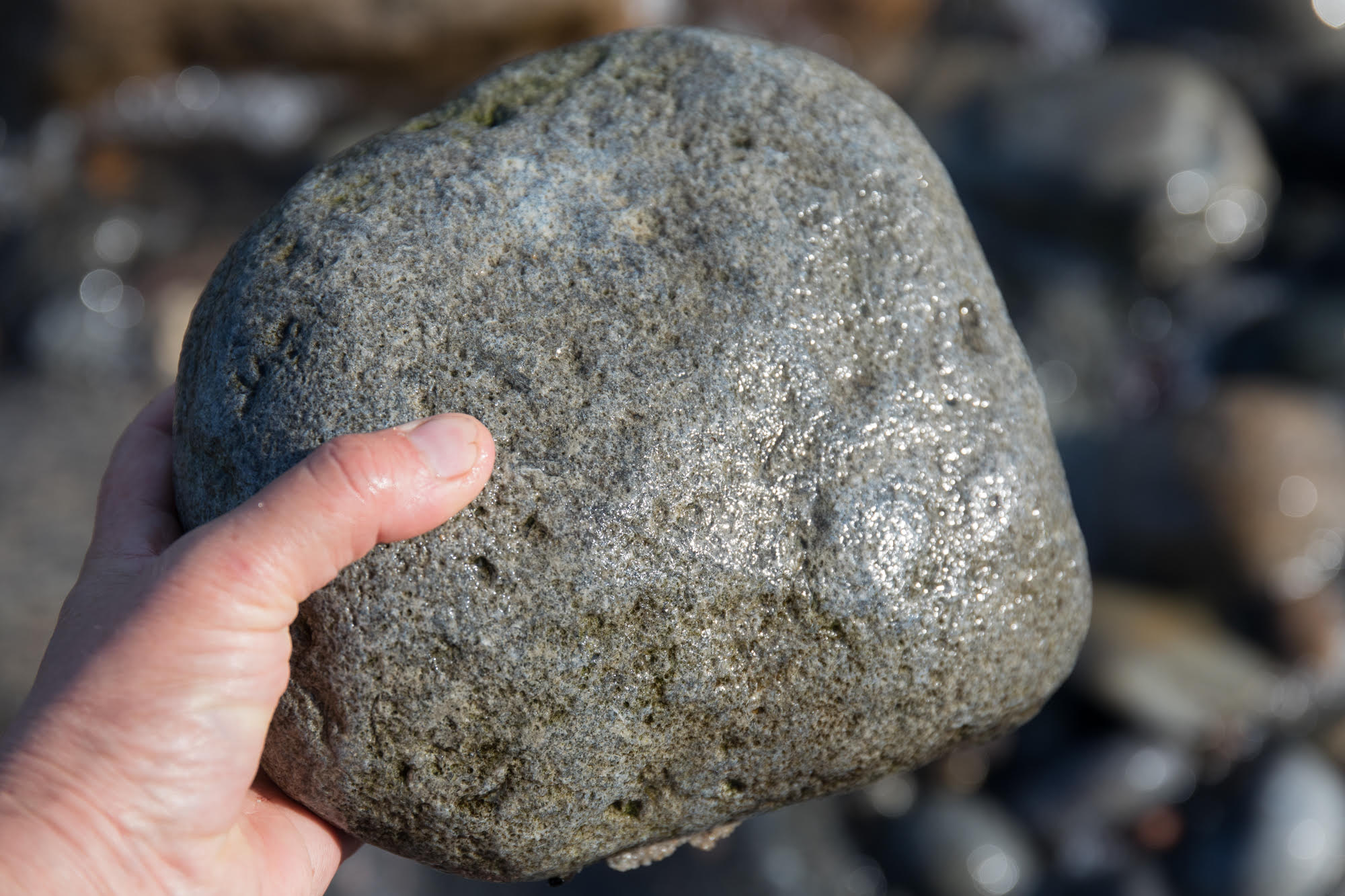-
DUE 31 Dec. Conference CFP: “Narrating the Multispecies World. Stories in Times of Crises, Loss, Hope”
For those of you interested, consider submitting your work for this upcoming conference. Here are the details as provided by the organisers: Narrating the Multispecies […]
-

Join us in a Midsummer Fertility Ceremony for Bladderwrack – an Invitation from (P)Art of the Biomass
During calm nights in May and June, and synched by the full moon, bladderwrack releases its eggs and sperms. If you want to pay tribute […]
-
Multispecies Communication at Het Nieuwe Instituut, Rotterdam, with Janna Holmstedt
Het Nieuwe Instituut, Rotterdam, 21st February, 17:00-18:30 As part of Zoönomic Futures – an immersive workshop on ethics for a society that is no longer human-centric – […]